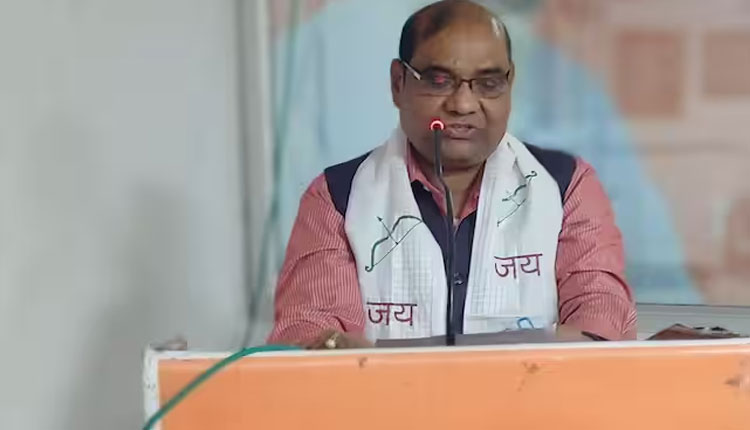New Delhi: The Waqf (Amendment) Bill, 2024, has been referred to a Joint Parliamentary Committee (JPC) in the Lok Sabha, with the committee officially constituted on Friday by Lok Sabha Speaker Om Birla. The JPC will consist of 31 members, including five members from Uttar Pradesh, among whom are BJP Rajya Sabha MP Brij Lal and Congress MP Imran Masood.
BJP MP Brij Lal expressed his pride in being selected for the committee. “I feel honored that the Bharatiya Janata Party deemed me worthy to be part of the JPC formed on the Waqf (Amendment) Bill,” he said. Lal emphasized that every aspect of the bill will be thoroughly reviewed, and the committee will present its report within the stipulated timeframe. He assured that only what is in the best interest of all will be implemented.
Brij Lal, who has nearly 38 years of experience in law enforcement, stated that his extensive background will be beneficial to the JPC. “We know the practical aspects of the law beyond the theoretical,” he added, expressing confidence that his experience will contribute positively to the committee’s work.
The JPC has been established to conduct an in-depth review of the Waqf (Amendment) Bill, 2024, which was introduced in the Lok Sabha by the Modi government. Union Minority Affairs Minister Kiren Rijiju announced the names of 21 Lok Sabha MPs who will serve on the JPC. The committee also includes 10 MPs from the Rajya Sabha.
Among the Lok Sabha members appointed to the JPC are Jagdambika Pal, Nishikant Dubey, Tejasvi Surya, Aparajita Sarangi, Sanjay Jaiswal, Dilip Saikia, Abhijit Gangopadhyay, DK Aruna, Gaurav Gogoi, Imran Masood, Mohammad Javed, Maulana Mohibbullah, Kalyan Banerjee, A Raja, Lavu Sri Krishna Devarayalu, Dileshwar Kamat, Arvind Sawant, M Suresh Gopinath, Naresh Ganpat Mhaske, Arun Bharti, and Asaduddin Owaisi.
In addition to Brij Lal, the two Rajya Sabha MPs from Uttar Pradesh included in the committee are Dr. Radha Mohan Das Agarwal and Brij Lal himself, both representing the BJP.
The formation of the JPC marks a significant step in the legislative process, as the committee is expected to provide a detailed analysis and recommendations on the Waqf (Amendment) Bill, ensuring that the legislation is carefully scrutinized before any further action is taken in the parliament.



Comments are closed.